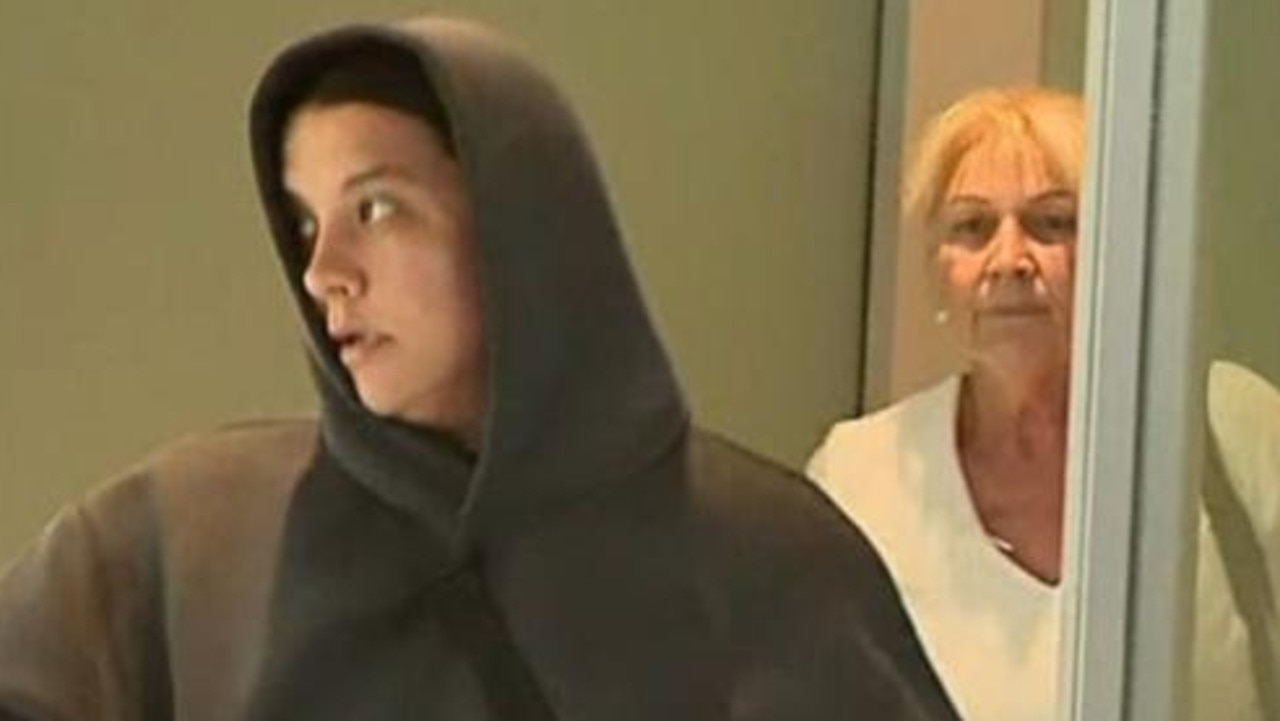Why Australians living overseas won’t or can’t return home from working and living abroad
They’ll always be Aussies, but our expats who have pulled up stumps to chase their dreams overseas are facing increasingly high hurdles to return. See why and watch the video.
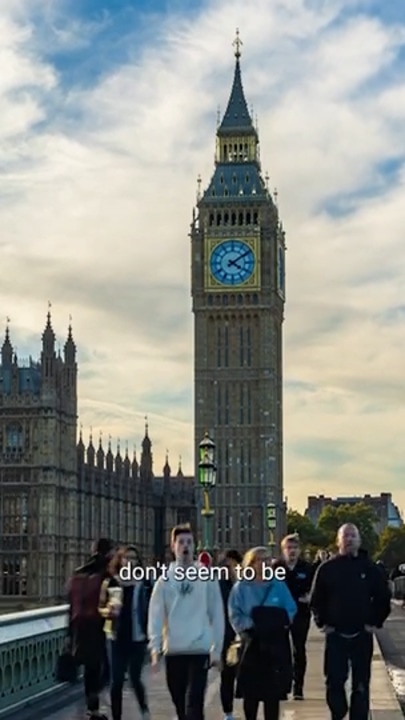
National
Don't miss out on the headlines from National. Followed categories will be added to My News.
New research shows that while a whopping 95 per cent of Australians living abroad would like to come back home, most of them simply can’t justify it.
The Advance Global Australians Report 2025 reveals just 15 per cent of expats have concrete plans to return home due to the barriers.
Cost of living is a big factor, with 55 per cent of respondents finding it cheaper to shop and eat out abroad and 66 per cent believing transportation is less expensive.
However, the chief concern of 68 per cent of the 500 overseas Australians surveyed is the challenge of rebuilding professional and social connections on home soil.
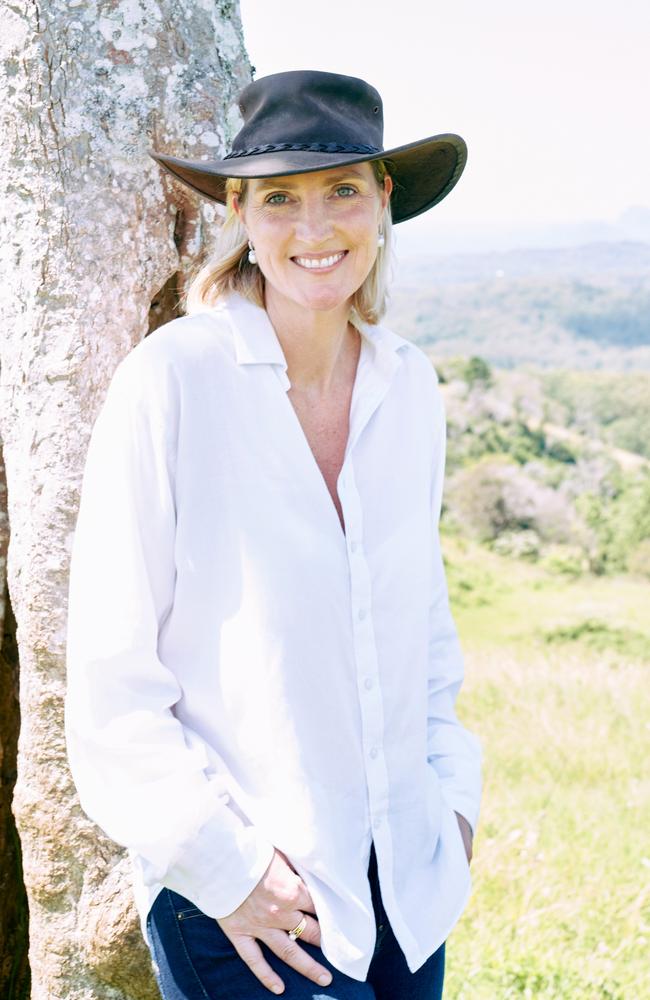
It’s a story Cassandra Kelly, 50, is very familiar with.
Ms Kelly grew up on Sydney’s northern beaches but has spent much of her adult life globetrotting.
As a founder of financial and strategic advisory firm Pottinger, and adviser and board member of multiple global organisations, Ms Kelly has spent most of her career overseas with stints in Johannesburg, Tokyo and even a fast-paced period of the late ’90s where she would commute between London and New York twice a week.
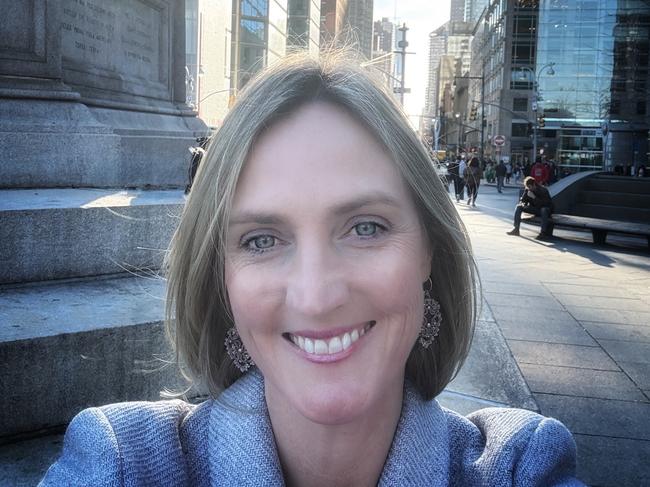
However there came a point, like for many expats, when she found herself pulled back to Sydney as she needed to care for a family member.
While the decision to go back to Australia for the best part of a decade is one she does not regret, Ms Kelly eventually packed up her three kids and moved back to New York in 2015.
This time she has no intention of moving back any time soon.
“Things that stop people going back are the size of the opportunity and not being able to find something commensurate,” Ms Kelly said.
“When they go back, there’s not necessarily a welcoming with open arms. Employers don’t necessarily embrace the life and work experience gained by these potential leaders or employees while overseas.
“International experience, at worst, can be a negative. It can be seen as missing years – the lost years.”
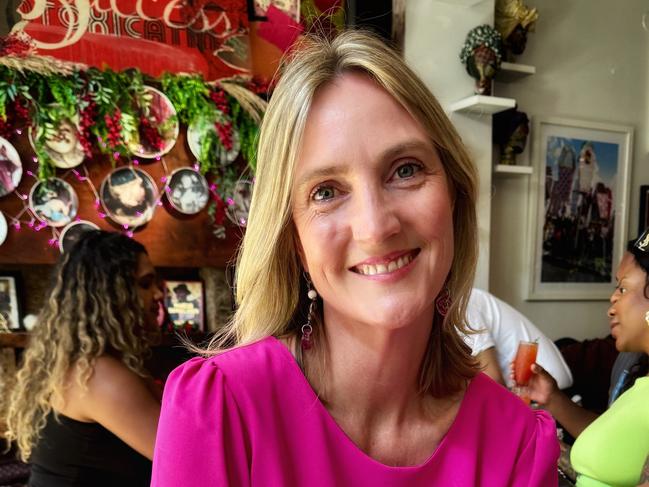
Kate McQuestin is CEO of non-profit Advance Global Australians which seeks to advance and empower Aussies around the world.
Ms McQuestin agrees with Ms Kelly that we need to do a better job at welcoming expats back into the fold.
“They are an asset and are critical for ensuring Australia’s competitiveness, innovation, and influence in a globalising world,” Ms McQuestin said.
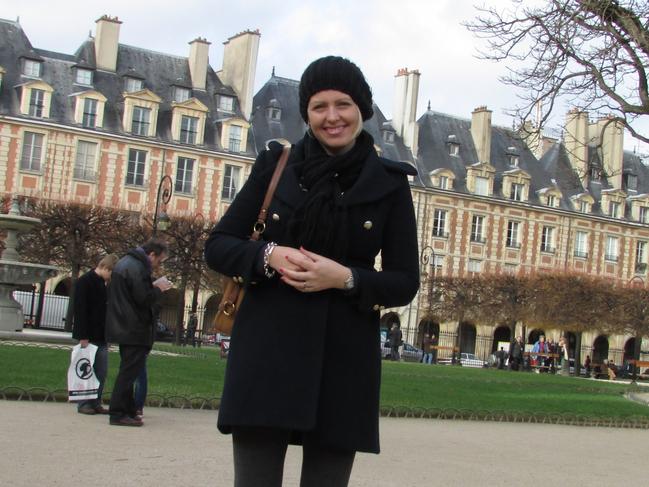
“The report clearly shows we need to create clearer pathways for Australians to return, dispel misconceptions and leverage their experiences.
“Australians abroad are crucial links and contributors to the growth and global standing of our nation. Their insights and contributions are essential for building a thriving and future-ready nation that leads on the global stage.”
Another reason Aussies are reluctant to buy a ticket home is they’ve done the maths and realise they’ll be no better off.
The survey showed 59 per cent of respondents considered the cost of housing in Australia to be a concern while 52 per cent were worried about general living expenses.
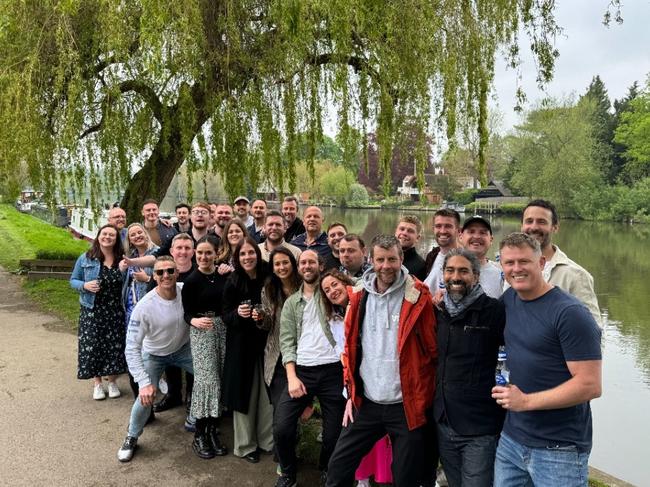
When Wagga Wagga’s Paul Harris moved to London 23 years ago he was a young teacher with a few thousand dollars borrowed from his dad in his pocket and a bed in a questionable sharehouse to his name.
“There were a lot of people staying there, but not too many rooms,” Mr Harris said.
He soon fell in love with the UK and decided to invest the money his father loaned him into starting an agency to place teachers in British schools.
“We are just trying to help people as best we can. That’s what it was about back then and what it is still about now,” Mr Harris said.
“We didn’t have any money and contacts here so it was a long, hard road.”
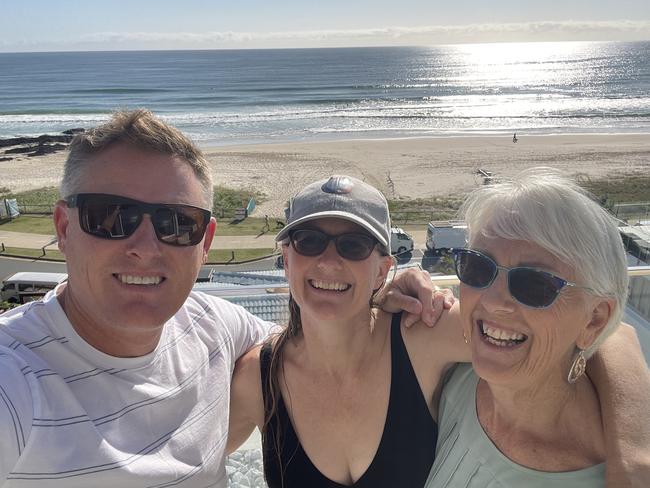
But unlike back home where many businesses are struggling to keep the doors open, Mr Harris, now 49, has built a highly successful company.
Today, Vibe Teacher Recruitment employs more than 100 staff who place 2000 teachers per day in schools – including many Aussies.
Mr Harris won this year’s Global Australian Entrepreneurship award while Vibe was named one of the UK’s Best Workplaces.
While Mr Harris and his wife Renee – a teacher and musician from New Zealand – are fortunate to be able to bring their four kids to visit Australia several times a year. The family permanently call Windsor home after making a move out of London.
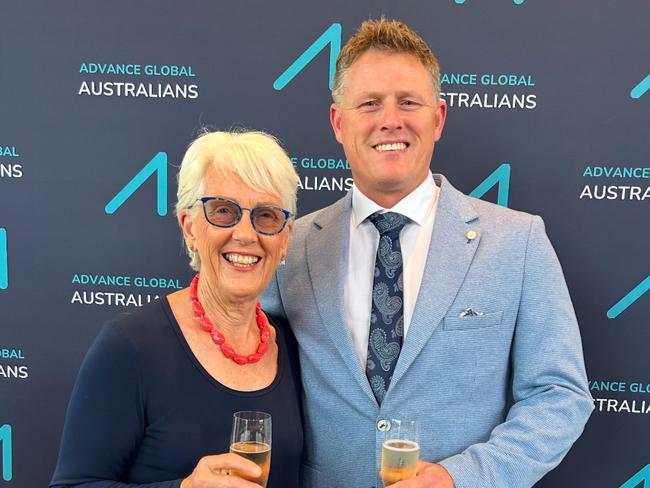
“When I go back to Australia, some things are really cheap but then others are way more expensive, so overall I really think it evens out,” Mr Harris said.
“When I came over here originally I probably had an idea I’d be here a few years, meet a few people then go back.
“Even when the kids were little we probably envisaged moving back, but then life just keeps moving on.
“You’ve just got to be happy wherever you are. There’s a lot of great things about here and about Australia as well.
“I encourage my own kids, and I’d encourage anybody, to have the experience of coming to another country, of taking risks in life and having experiences you haven’t had before.”
As a fellow believer in the transformative power of global experience, Ms Kelly said more Australian employers should embrace an international work history.
“It’s that sense of, you chose to leave – now you think you can just come back? It’s almost like you think you got too big for your boots,” Ms Kelly said.
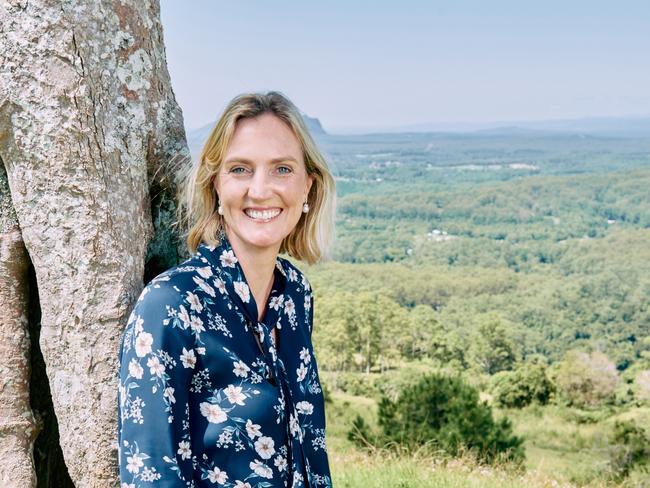
Her view is shared by many expats, with 80 per cent of survey respondents believing Australians’ achievements abroad deserve more recognition and only 32 per cent feeling comfortable promoting their successes outside Australia.
The veteran businesswoman has a vision to change all that.
“We need to be excited about what Australians are doing offshore, be proud of our overseas Australians and what they’re doing for the world,” Ms Kelly said.
“Even if they’re working for a Japanese company or an American company, we should be excited about that contribution and that we are in demand.
“Let’s have offshore heroes – they’re our people making us proud overseas.
“Your children can grow up and say Sydney Uni, Melbourne Uni – they recruit you with that background. Australians are great and they can make the world better.”
COST OF LIVING COMPARED
NEW YORK CITY
Median weekly rent – $A1237 (realtor.com September 2024 quarter)
Median home price – $A1.32m (realtor.com November 2024)
2L generic brand full cream milk – $A4.22 (Amazon Fresh milk)
Regular latte – $A7
Infant childcare – $A270 per day (NY State Childcare Market Rate Survey 2024)
Pre school – free (3 and 4-year-olds five days a week)
Subway/bus ticket – $A4.55
Median salary lawyer – $A224,000 (Glassdoor)
Median salary finance – $181,000 (Glassdoor)
Median salary IT – $A177,000 (Glassdoor)
LONDON
Median weekly rent – $A1235 (Rightmove, September 2024)
Median home price – $A1.08m (Rightmove, November 2024)
2L generic brand full cream milk – $A2.88 (Aldi and Tesco)
Regular latte – $A6.95
Infant childcare – $A120 per day (daynursies.co.uk)
Tube/bus ticket – $A3.47
Median salary lawyer – $A139,000 (Glassdoor)
Media salary finance – $A90,500 (Glassdoor)
Median salary IT – $A87,000 (Glassdoor)
AUSTRALIA
Capital city median weekly rent – $640 (PropTrack September 2024)
Median home price – $1.112m Sydney, $792k Melbourne (Proptrack November 2024)
2L generic brand full cream milk – $3 (Coles)
Regular latte – $4.50
Infant childcare – $188-$108 per day (Care for Kids September 2024 Report Sydney)
Bus/train ticket – $4.20 (peak adult fare Transport NSW)
Median salary lawyer – $100,000 (Glassdoor, Sydney)
Median salary finance – $98,000 (Glassdoor, Melbourne)
Median salary IT – $100,000 (Glassdoor, Melbourne)
More Coverage
Originally published as Why Australians living overseas won’t or can’t return home from working and living abroad




